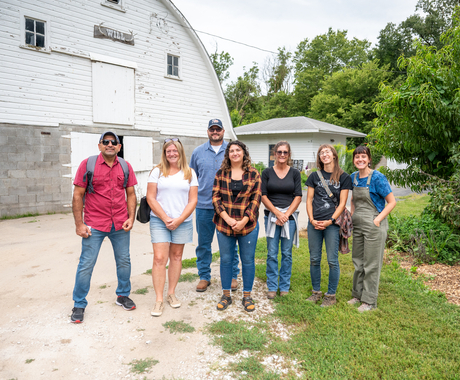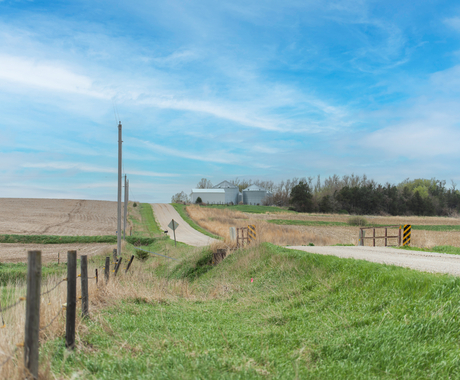Teresa Hoffman, policy communications associate, [email protected], 402.687.2100 ext. 1012; or Rhea Landholm, brand marketing and communications manager, [email protected], 402.687.2100 ext. 1025
WASHINGTON, D.C. – On June 26, U.S. Reps. Don Bacon (R-NE) and Abigail Spanberger (D-VA), members of the House Agriculture Committee, introduced a companion bill to the Growing Climate Solutions Act, H.R. 7393. The Senate bill, S. 3894, was introduced by Sens. Mike Braun (R-IN) and Sheldon Whitehouse (D-RI) in early June.
The bill would standardize the agricultural carbon market.
“These bills come at a critical time for both the agriculture industry and the environment,” said Kayla Bergman, policy associate for the Center of Rural Affairs. “They also solidify the important role agriculture plays in addressing climate change by providing a good path forward for carbon markets.”
Bergman applauded the work Bacon and Spanberger did to introduce the legislation in the House.
“Their unity showcases the bipartisan nature of this legislation,” she said. “The leadership Reps. Bacon and Spanberger has shown on the Growing Climate Solutions Act will benefit farmers across rural America in a tough economic time.”
Bacon’s Republican colleague from Nebraska, Rep. Jeff Fortenberry, joined four Republicans and five Democrats in the House in cosponsoring the bill.
The House and Senate bills seek to establish a certification program through the U.S. Department of Agriculture for private parties who work with producers to receive payments for carbon sequestration.
Right now, there are many barriers to entry in the voluntary credit marketplace for our nation’s farmers and ranchers, Bacon told Center staff.
“We hope this bill will help educate and provide help to farmers who are unsure about entering the marketplace or even where to begin,” the congressman said. “The addition of the certification program is important because it gives legitimacy to the farmers, the market, and the overall process. With a certified program, both the farmers producing the credits and those that buy the credits will trust that the market is legitimate and recognizable.”
Spangerger said she’s proud to introduce the legislation alongside Bacon.
“Central Virginia farmers and producers have a long record of successful participation in USDA’s voluntary conservation programs,” she said. “They truly understand the complex ecosystems they inhabit, and they’re proud to be stewards of the land. At the federal level, we can do more to support them as they embrace practices that both boost yields and contribute to sustainable, climate-friendly farming practices.”
In addition to bringing legitimacy to carbon trading, Bergman said the bill would make the enrollment process less cumbersome. The program has already generated interest among farmers and companies, she said.
“By providing a streamlined process, the Growing Climate Solutions Act would raise the excitement even more, giving farmers the opportunity to earn additional revenue while protecting the environment,” Bergman said.




